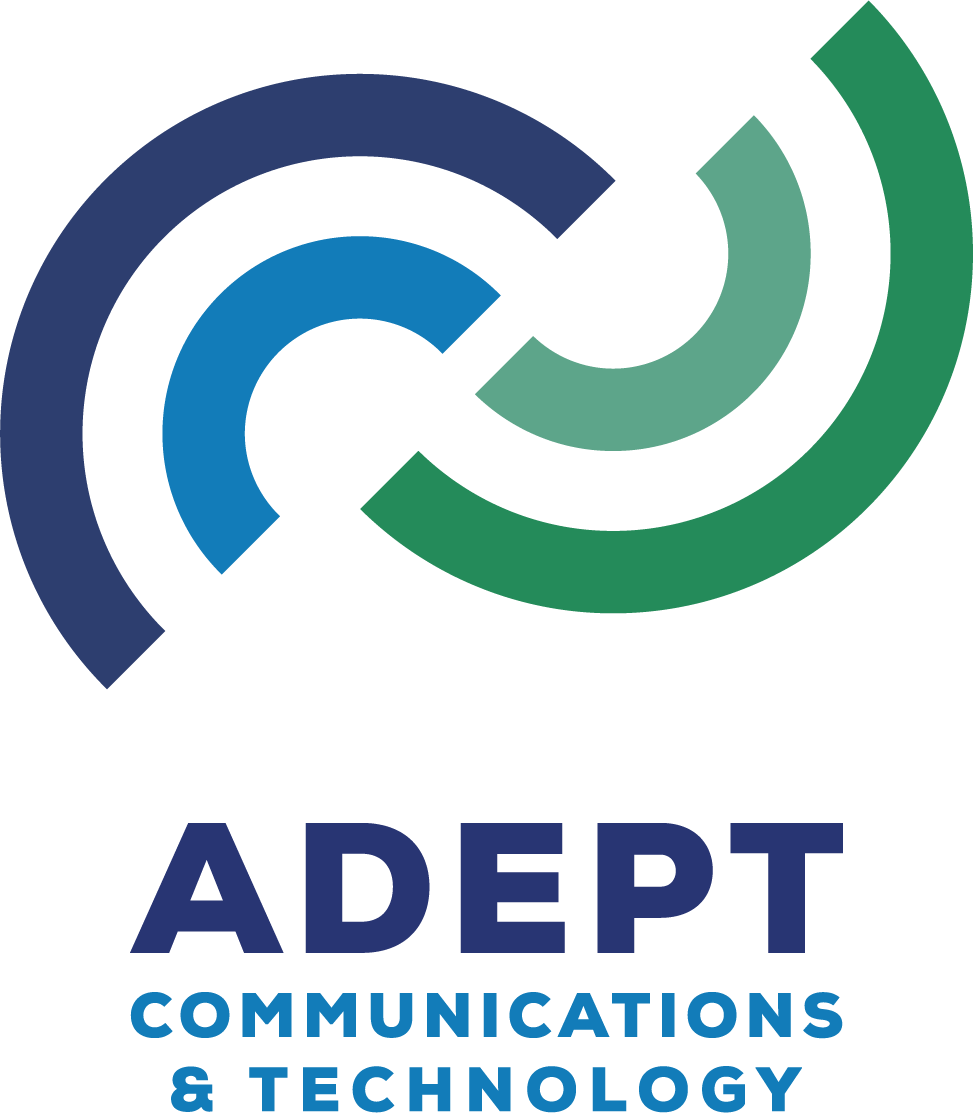Choosing the right communications technology for your business starts with getting past the jargon and truly understanding what’s on offer and how it can help your business to communicate better.
With terms like VoIP, SIP, PBX, PSTN thrown about by communications providers all over the place, it can be difficult to understand what each term means and what it means for your business.
One of the most common comparisons is VoIP vs SIP for internet-based phone services. Let’s get started by looking at what each term means, so you’re well equipped to make the right decision for your business.
VoIP vs SIP
Voice over Internet Protocol (VoIP) and Session Initiation Protocol (SIP) isn’t a direct comparison. VoIP is the umbrella term for all internet-based phone services, whereas SIP refers specifically to the type of communication – voice, video or messaging.
So, SIP is a specific protocol that transmits VoIP communications. It will define the messages that are sent between endpoint, from initiation to maintenance and termination of any communication.
VoIP covers all internet-based telephone communication. This differs from traditional telephony, which operates across PSTN (Public switched telephone network), the global circuit-switched telephone network that is due to be phased out in 2025.
VoIP, also known as cloud-based telephony, is now the standard for all business communications. Platforms like 3CX provide feature-rich VoIP services, rolling voice calls into messaging, video calls and even mobile communications – an absolute must in the current world of remote working.
VoIP’s benefits far surpass the simple fact that traditional phone systems will be out of date in a few years. With the right VoIP provider, you can seamlessly combine all internet communication, easily add and remove users, remotely manage hardware and even allow for vanity phone numbers and softphones, so you can run your business from just about anywhere.
What is SIP Trunking?
So, we’ve established that SIP is one of the possible protocols used for VoIP communications. You might be more familiar with protocols such as HTTP, which provides a way to convert information into web pages on your device. SIP is the same thing, but for transforming voice signals into data that can then be read and processed by a VoIP-enabled device.
The term ‘trunking’ dates back to when PSTN dominated the world of telecommunications, referring to a group of phone lines. Nowadays, trunking is the virtual connection between your VoIP provider and the telephone network via broadband.
Choosing the right VoIP provider
Now we’ve covered the technical side of VoIP, and how SIP is actually a part of the VoIP platform and not a comparable product, it’s time to look at how to choose the right solution for your business.
Benefits of choosing Adept CTS for VoIP technology include:
- Easy installation and configuration
- Simple ongoing management
- Significant cost-savings to traditional methods
- No more phone wiring
- Grows with your business
- Supports remote working
- A positive experience for your customers
- Better usability – SIP makes things simple
Can you tick all of the above for your current communications provider? If not, get in touch today to find out how we can help.


